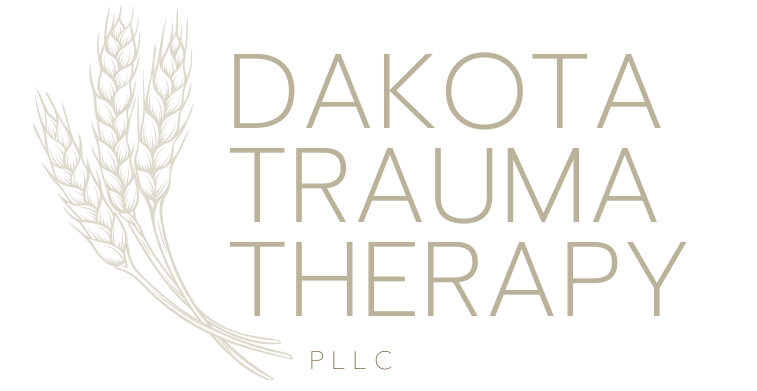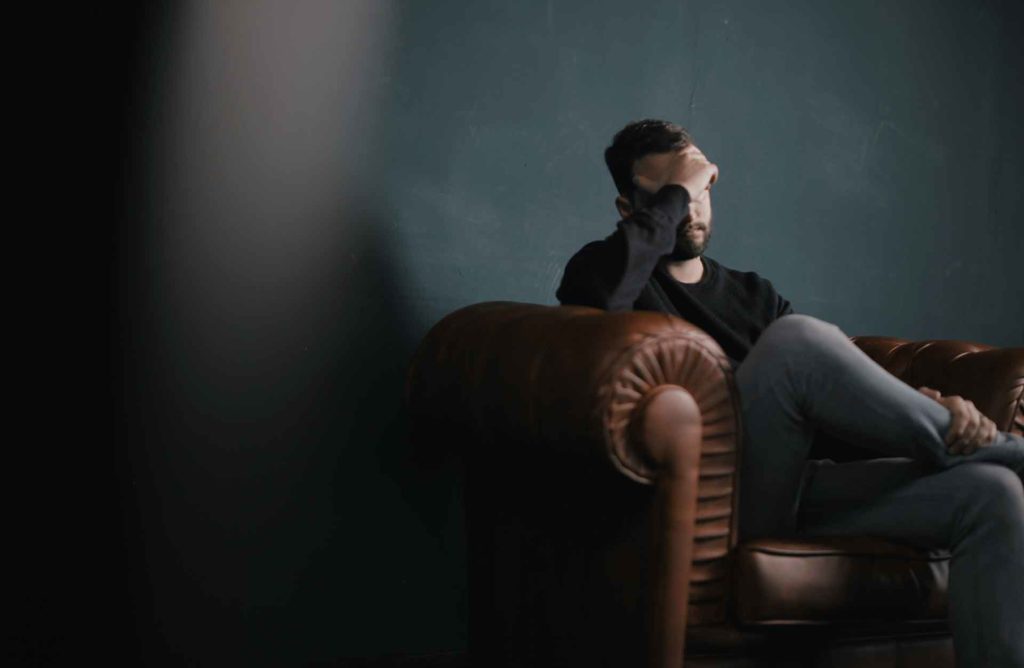Anxiety is a widespread mental health problem in the United States and worldwide. The number of people suffering from anxiety or depression increased by 50% between 1990 and 2013. (1)
Anxiety, depression, Post-Traumatic Stress Disorder, and other mental disorders impact almost 10% of the world’s population, accounting for a third of the worldwide non-fatal disease burden having adverse impacts economically.
Antidepressants are commonly used to treat anxiety and other co-existing mental diseases, but these medicines can have significant side effects.
Anxiety sufferers often seek natural treatments as an alternative to pharmaceutical medications because some medicines, such as beta-blockers and benzodiazepines, can have unpleasant effects on the body or they could be addictive and withdrawal symptoms become a bigger problem than the existing one. (2) The biggest concern is what could be some of these safe, natural approaches to alleviate anxiety.
Finding an herbal treatment that works for some people with moderate to severe anxiety is more tempting than taking prescription medicine.
Although medication may be the best option for some, the risk of side effects might be a deterrent. When contemplating any anxiety cure, herbal or otherwise, it is important to speak with your doctor first.
To help you get started with herbal anxiety treatment, here are some researched-based recommendations of some of the best all-natural alternatives that can help you alleviate anxiety.
1) Kava
Kava is a plant that thrives in tropical regions, especially on Pacific Ocean islands. It has the appearance of a bush. It has light green, heart-shaped leaves that grow close to the ground. Kava is recognized for producing feelings of pleasure and a soothing, relaxing impact on its consumers.
Kava is a common herb that some people take to help them sleep better and reduce stress and anxiety. Some individuals equate this herb extract’s soothing, euphoric impact to alcohol or cannabis. (3)
It has gained interest in the medical world as a viable therapy for high-functioning anxiety due to its calming properties.
According to the National Institutes of Health, Kava has a modest anxiety-relieving effect but can potentially cause severe liver damage. (4)
In the United States, it is still allowed to sell kava, although the Food and Drug Administration (FDA) advises that it be used with caution. (5)
For decades, kava has been used as an unauthorized herbal remedy. However, researchers recently discovered an active component called kavain within kava that modulates mood receptors and helps patients with anxiety. (6)
Kava comes in various forms, including tea, powder, capsules, and liquid. Though further study is needed, it is widely acknowledged that daily consumption in any form should not exceed 250 milligrams.
If you are considering using kava as a supplement, consider speaking to your doctor about your objectives.
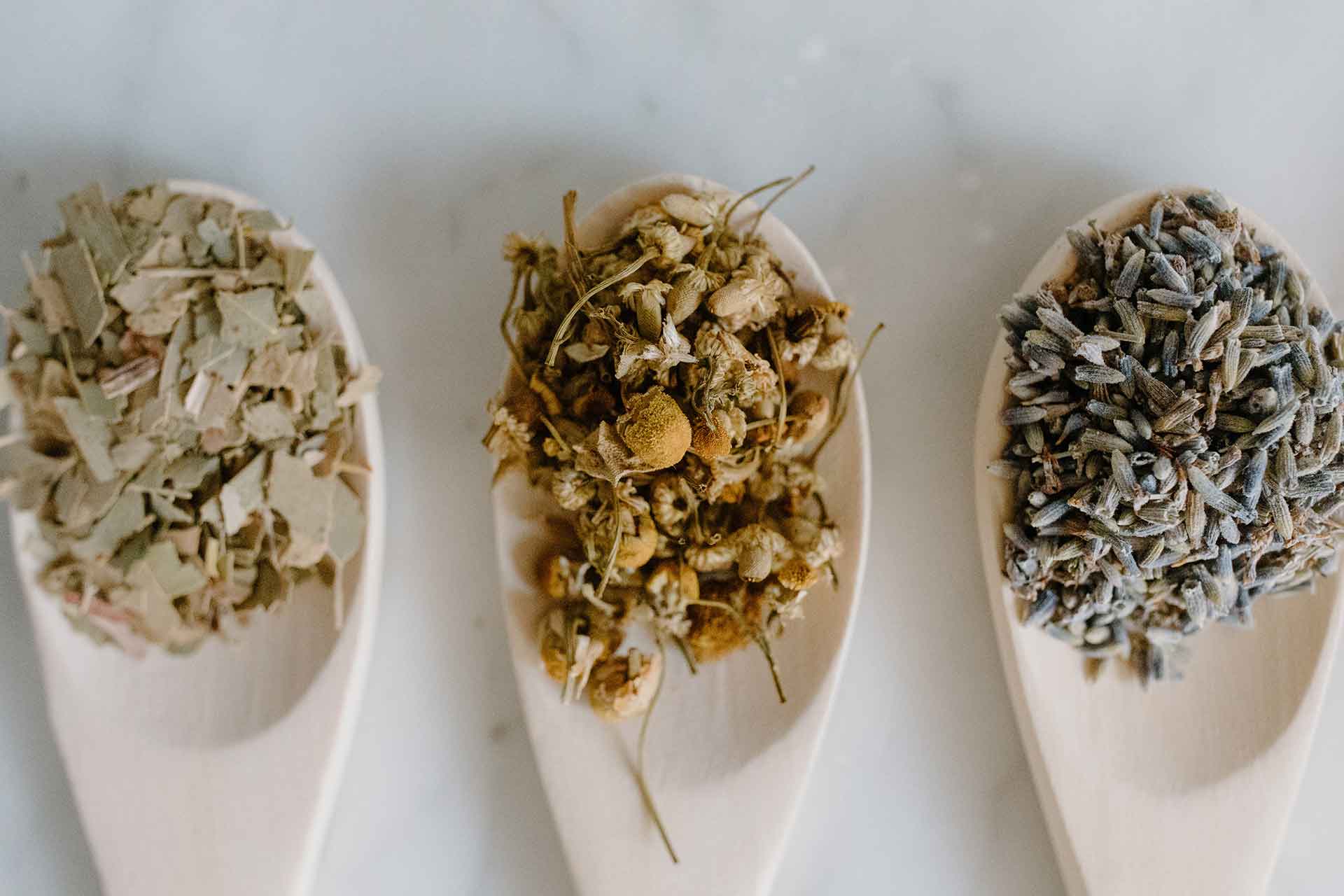
2) Chamomile
Chamomile, a daisy-like flower, is a popular dietary supplement for several reasons, including sleep issues, anxiety, stress disorders, digestive issues, mouth sores, skin infections, wound healing, colic, diaper rash, and some others.
Long-term usage of chamomile extract considerably lowered moderate to severe symptoms of generalized anxiety disorder, according to 2016 research. However, it did not prevent the occurrence of future symptoms. (7)
Chamomile is most commonly used in the form of chamomile tea, one of its most popular uses. While many individuals find it calming before bed or when they are nervous, there has not been much study done on its efficacy for these purposes. (8)
Among the many advantages of chamomile, reducing depression and anxiety and promoting sleep are two of the most prominent. (9)
The presence of phenolic chemicals in chamomiles, such as flavonoids, quinones, phenolic acids, and other antioxidant substances, contributes to its calming properties. It also aids in the reduction of stress-related appetite loss.
Chamomile is available in various forms, including capsules, liquid extracts, tinctures, teas, and topical treatments. Tea is the most basic form.
Each type has a different daily dose. 400 to 1600 mg daily in split doses for capsules, 1 to 4 mL three times daily for liquid extract. In the case of a tincture, 15 mL three to four times per day and one to four cups of tea per day should suffice.
Chamomile may interact negatively with a variety of medicines. Before using chamomile, talk to your doctor about possible interactions with any products or drugs you take.
When benzodiazepines, barbiturates, opioids, anti-seizure medicines, certain antidepressants, and alcohol are used together, they might cause drowsiness. Moreover, as chamomile is comparable to estrogen, it may interfere with the efficacy of hormone therapy.
Even though many possible adverse effects and interactions are listed here, the dangers connected with chamomile have not been thoroughly investigated.
3) Ashwagandha
Ashwagandha is an adaptogenic herb used in Ayurveda medicine, an Indian system of treatment that uses herbs and nutrients to cure the body. Because some people believe it smells like horse sweat, the term Sanskrit means a horse’s fragrance.
When taken twice a day for 60 days, the herb can reduce anxiety as effectively as medications like lorazepam or imipramine, according to research published in Phytomedicine. (10)
According to another study, ashwagandha aids in the reduction of cortisol, or the stress hormone. When a person is stressed, their cortisol levels might skyrocket.
Other hormones and neurotransmitters become imbalanced, producing symptoms such as anxiety, depression, and poor sleep. (11)
It may also be effective in reducing stress in more severe situations.
In randomized, double-blind research, Ashwagandha substantially aided individuals with ICD-10 anxiety disorders such as generalized anxiety disorder (GAD), mixed anxiety and depression, panic disorder, and adjustment disorder with anxiety in the treatment group.
Ashwagandha is typically well-tolerated. It is accessible as an extract, although powder capsules are the most frequent form. Supplements like ashwagandha are widely accessible at health shops, supplement stores, and online, but the FDA does not regulate them.
Always investigate and choose a product you can trust; if you are unsure where to start, talk to your healthcare practitioner.
The most frequent adverse effects of ashwagandha are minor, including drowsiness, loose stools, and stomach discomfort. Thyroid function tests may be hampered by ashwagandha root extract.
Pregnant women should avoid using this herbal remedy since it might induce premature labor or a possible miscarriage.
Ashwagandha can help you feel less anxious and more mentally tranquil if you take it regularly.
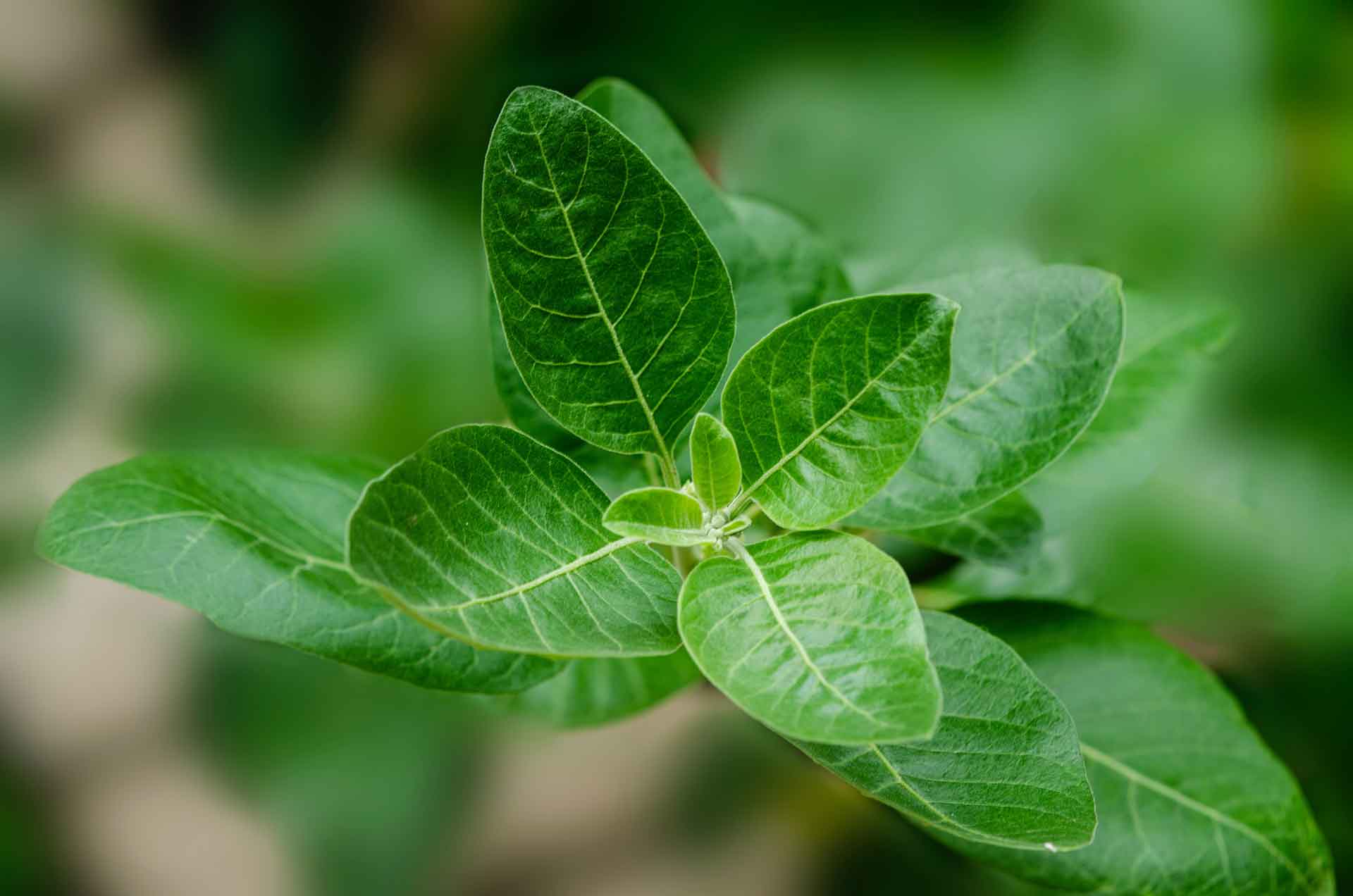
4) Valerian Root
Valerian is a traditional medicinal plant used for generations to help alleviate anxiety and as a sleep aid. It is also thought to aid in the relief of menstruation and abdominal cramps. (12)
Approximately 200 distinct species of valerian plants are derived from the root of the valerian plant. They may be found in North America, Europe, and Asia. It has a distinct sweaty sock odor.
It works by raising the amounts of a substance called gamma-aminobutyric acid (GABA) in the brain. GABA has a relaxing impact on the body and helps regulate the sleep-wake cycle. Several medicines used to treat anxiety increase GABA levels in the brain.
The increase in GABA levels with prescription medicine would be significantly greater than with valerian root. (13)
The suggested amount of valerian root for anxiety is 120 to 200 mg three times a day, with the final dose taken shortly before night. Because high dosages of valerian root during the day might produce daytime drowsiness, the suggested dosage for anxiety is typically lower than the amount for insomnia.
It comes in powdered or liquid form as an extract, a dried herb in tea form, or as tablets. Eating valerian root soon before the night is believed to help with sleep and insomnia.
Although, research on its efficacy is unclear. Valerian is often used with other herbs including passionflower, lemon balm, and kava.
At prescribed doses, valerian is usually considered safe, but because long-term safety trials are lacking, do not take it for more than a few weeks unless your doctor allows it. Headaches, dizziness, and sleepiness are some of its possible adverse effects.
Alcohol, recreational drugs, calming medicines, sedatives, or antidepressants should not be used with valerian root. If you are pregnant or nursing or on any other medications, you should talk to your doctor before using valerian root.
5) Lavender
Lavender is one of the most often used aromatherapy oils. It has a sweet floral smell with a woody or herbal undertone. The oil is derived from the Lavandula angustifolia plant. It treats anxiety, fungal infections, allergies, depression, insomnia, eczema, nausea, and menstrual cramps.
For ages, lavender flowers and extracts have been used to alleviate anxiety and depression internally and through olfaction. Modern analytical research has discovered the primary active components of lavender oil.
In vitro and animal studies have begun to clarify mechanisms of action; and controlled clinical trials in people have now established lavender’s effectiveness, safety, and dosage.
Lavender aromatherapy reduces anxiety by influencing the limbic system, the portion of the brain that governs emotions, according to a 2012 study. (14)
A review published in 2019 looked at 71 research that utilized lavender to help people relax. It was discovered that inhaling lavender reduced anxiety levels by a massive proportion, as assessed by a professionally established scale.
Massage with lavender oil has also been shown to aid with anxiety reduction. (15)
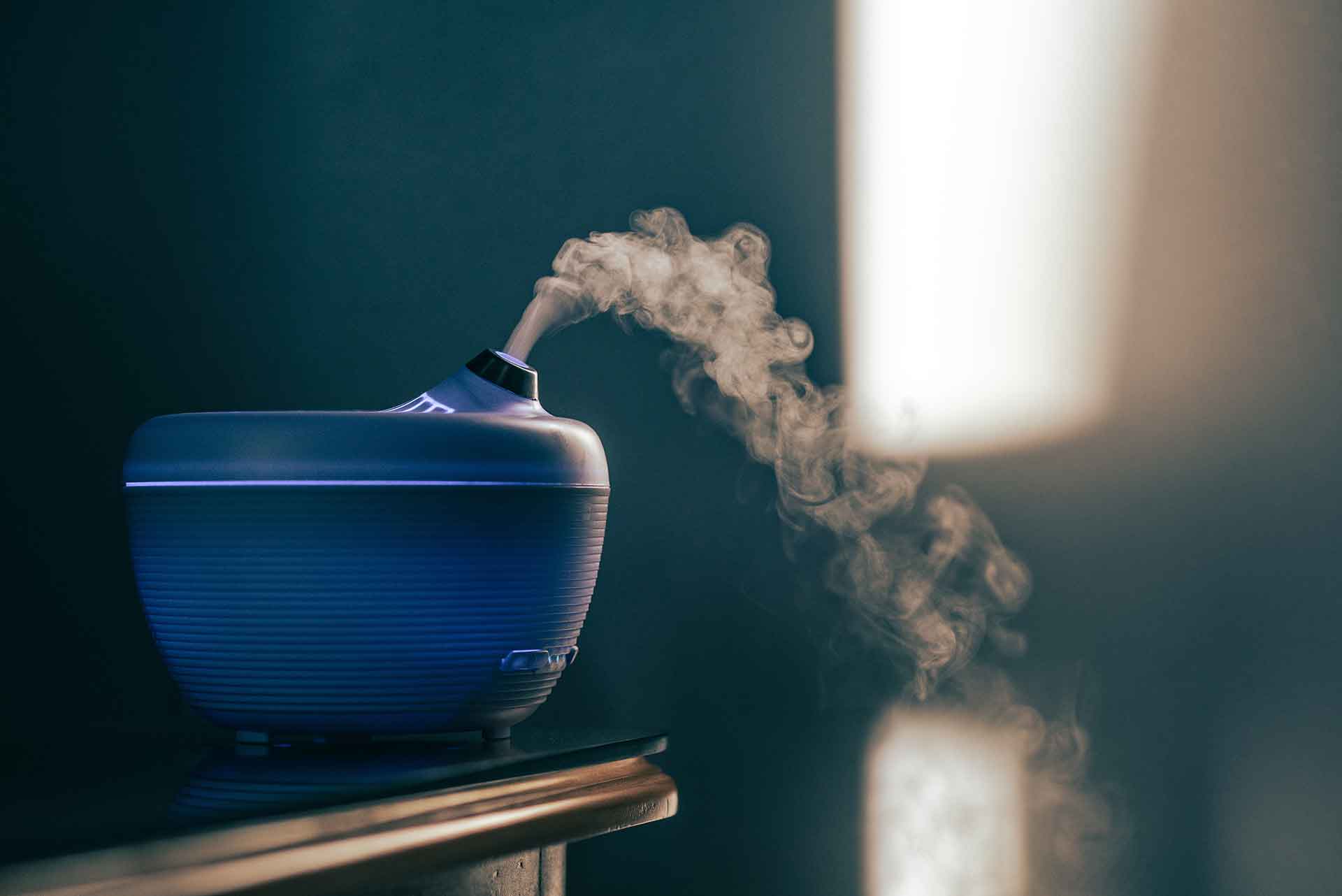
In some people, lavender essential oil might produce skin irritation or an allergic response. If you are nauseated or have a headache after taking lavender, stop using it immediately.
Because ingesting lavender essential oil might induce toxicity, it should only be done under the guidance of a medical practitioner.
Other than inhalation, combining lavender oil with a carrier oil is a popular method. The lavender essential oil may be rubbed into the skin or added to a bath once mixed with a carrier oil.
The FDA considers lavender essential oil generally safe, but it must be used for the stated purpose and following product dosage instructions with the doctor’s command.
Excessive consumption of lavender oil has been linked to nausea and sleepiness, therefore stick to the instructions on the bottle and do not take exceed a dose of any day.
6) L-Theanine
L-Theanine is neither an essential nor a non-essential amino therefore it is not found in the human diet. This is often referred to as a non-dietary amino acid.
Due to its structure, L-Theanine is reported to enter the brain quickly after oral ingestion. L-theanine may be found in several foods, although green and black teas are the most frequent sources.
It is used to alleviate anxiety and depression. L-Theanine’s soothing properties balance the stimulating effects of caffeine, which is present in teas such as green tea and black tea. (16)
Theanine is calming but not sedating and has been shown to aid in processing stress and increase focus. It has also been discovered to improve the quality of sleep. Theanine has been shown to increase cognition and attention when coupled with caffeine, such as green or black tea. (17)
Countries with high green tea consumption have a considerably lower rate of depression than countries with lower green tea consumption. This might be evidence of a connection between L-theanine and anxiety treatment. (18)
Theanine can help to alleviate anxiety symptoms including racing pulse and elevated immunoglobulin-A production in the saliva.
Although its effects are comparable to those of a sedative, L-theanine is not the same as this prescription medication. It is an excellent anxiolytic, preventing the brain’s nervous reaction to stressful situations.
Although further study into the mechanisms of L-theanine absorption in the body is needed, it is evident that how it interacts with neurotransmitters impacts stress management, which is essential for anxiety regulation.
It is one of the safest herbal remedies for anxiety, with little if any serious adverse effects. Although there are few known interactions with theanine, it is always advisable to see your doctor before using a theanine supplement if you are on any prescription medicines.
7) Cannabidiol
Cannabidiol (CBD) is a cannabinoid found naturally in (Cannabis) marijuana and hemp plants. CBD oil’s capacity to assist in alleviating anxiety has been shown in a preliminary study to be promising. (19) CBD, unlike another cannabinoid known as tetrahydrocannabinol (THC), does not induce intoxication or the high associated with cannabis.
A study in 2019 proved that it has a calming effect on the human nervous system. (20) CBD interacts with CB1 and CB2 receptors. (21)
These receptors are primarily present in the central and peripheral nervous systems. They are suspected to affect serotonin signaling. Depression is frequently related to low serotonin levels. In certain circumstances, a lack of serotonin can lead to anxiety.
According to the National Institute on Drug Abuse (NIDA), CBD has been found to lower stress in animals such as mice when used to treat generalized anxiety disorder (GAD).
Participants in the study were shown to have reduced levels of anxiety-related behavior and their physiological anxiety symptoms, such as elevated heart rate, also eased. (23).
Other types of anxiety, such as social anxiety disorder, adjustment disorder, and post-traumatic stress disorder, may also benefit from CBD.
It may also aid in the treatment of anxiety-related sleeplessness. CBD has been investigated as an independent PTSD treatment and a complement to standard therapies such as medications and cognitive behavioral therapy.
Although the FDA has not yet approved CBD, this natural cannabinoid is widely accessible in tablet, liquid extract, vape liquid, and topical cream form.
CBD is usually regarded as safe. However, some people who use CBD may have adverse effects such as diarrhea, tiredness, changes in appetite, and weight fluctuations.
CBD may interfere with any drugs or dietary supplements you use. If you are on any other medications, take extra caution and consult your doctor.
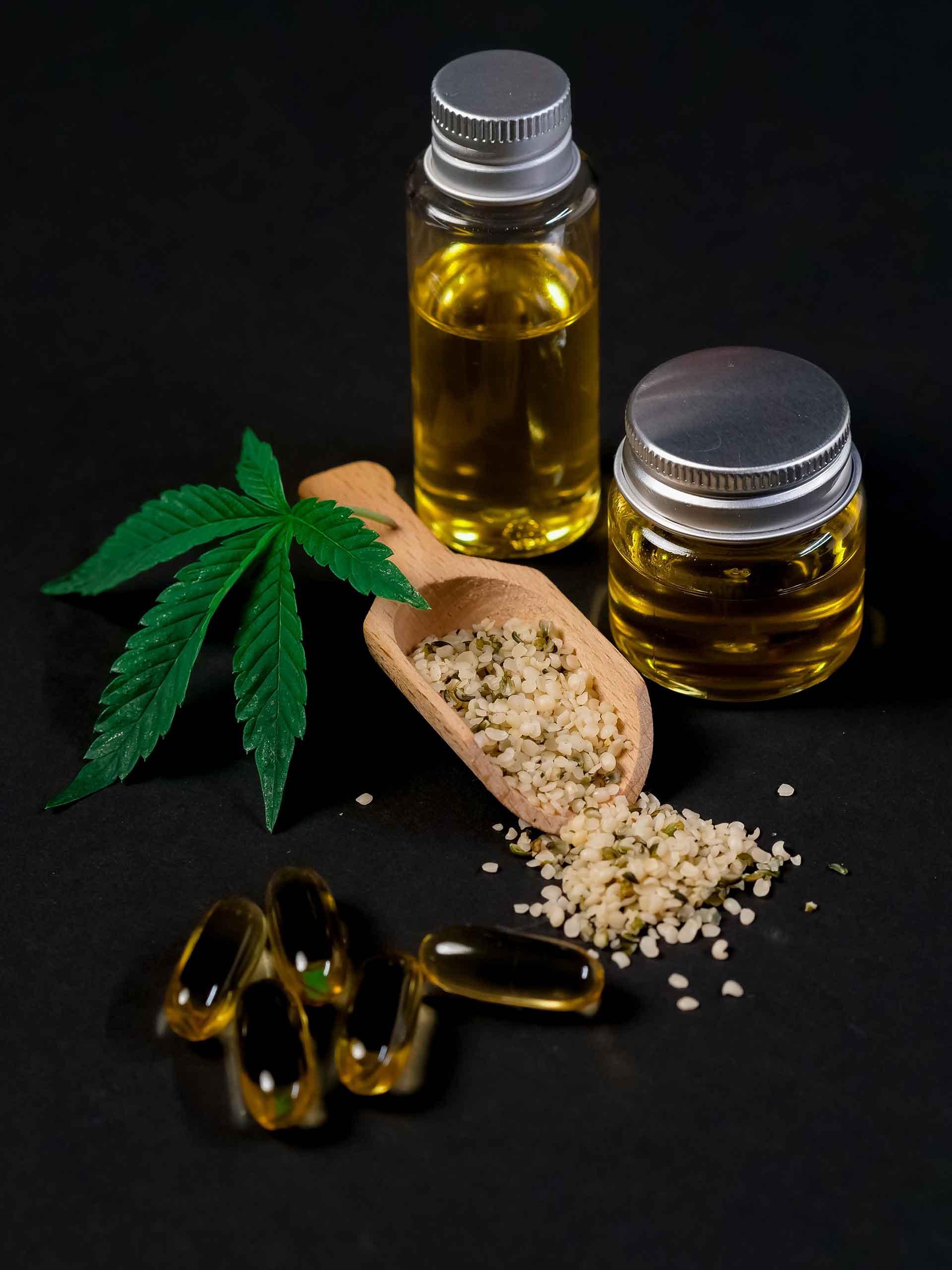
Final Words
The FDA does not supervise herbal supplements like pharmaceuticals. Despite improved quality control requirements, the quality of certain supplements may still be a concern.
All the herbs listed above have been scientifically proven to help with anxiety and have minimal adverse effects. However, see your doctor before lowering or discontinuing prescription medicine and beginning an herbal supplement.
Some herbs might have negative side effects or interact with other medications and bring unwanted consequences.
Some herbal remedies for anxiety might make you sleepy, so do not take them while driving or doing other risky jobs. If you decide to try an herbal supplement, your doctor can help you know the implications and possibilities.
Although herbal treatments are highly efficient, they cannot assist with severe anxiety or major depressive disorders. A mental health expert should be sought in that situation.
